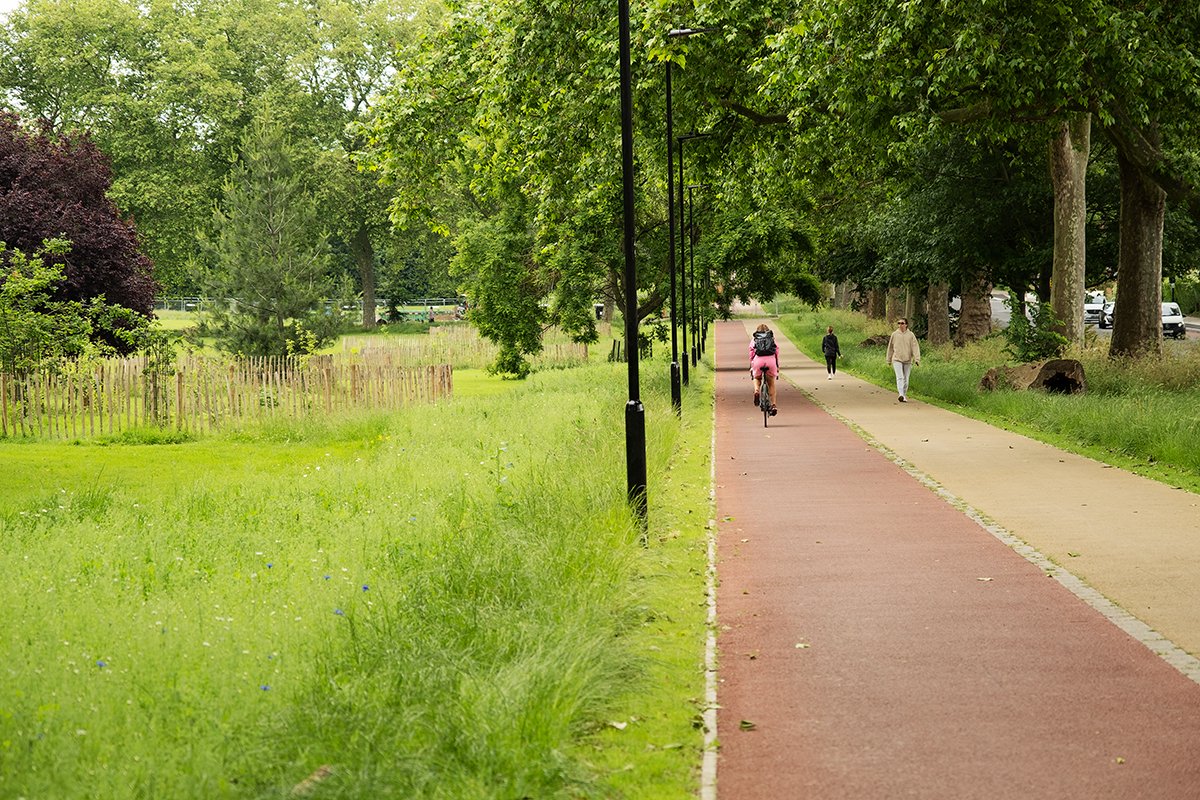
The Hackney Buzzline
An innovative initiative aimed at improving pollinator habitats, enhancing cycling and walking routes, and engaging community-based bodies and residents in planting for bees and butterflies.
By creating a flower-rich green corridor that links four parks we seek to support, conserve and boost local bee and butterfly populations. We want to help residents enjoy the beauty of bees and butterflies, explore their local green spaces, become more active and connect with nature
The Hackney Buzzline presents a unique opportunity to engage residents in nature conservation. This will be pivotal to the success of Hackney’s new local Nature Recovery Plan and create a legacy of environmental consciousness and cooperation in the borough. In particular, the Hackney Buzzline aims to improve green infrastructure on social housing estates, enhancing residents’ quality of life and well-being. It creates opportunities for recreation, relaxation, and community interaction, fostering a stronger sense of neighbourhood belonging and pride.
Make a one-off or regular donation to support ecoACTIVE and The Hackney Buzzline 🐝
Explore The Hackney Buzzline

Hackney Buzzline Wellness Walks for Corporate Volunteers
Project Objectives
-

Enhance Biodiversity
Restore, improve and expand habitats on four local sites of importance for nature conservation - providing forage, shelter and nesting resources for pollinator communities and promoting a healthier ecosystem.
-

Foster Sustainable Transportation
Enhance cycling and walking routes, school streets, and low traffic neighbourhood zones (LTNs), encouraging active and eco-friendly modes of transportation.
-

Community Engagement
Engage communities in creating pollinator-rich meadows and flower beds in their local parks, planting pollinator gardens around parks, and providing additional pollinator habitats on streets and estates between parks - fostering a sense of ownership, environmental stewardship, and community cohesion.
-

Innovative Conservation Approach
Trial a new urban conservation approach, combining ecological restoration, citizen science, and biodiversity monitoring to develop best practices for future projects.
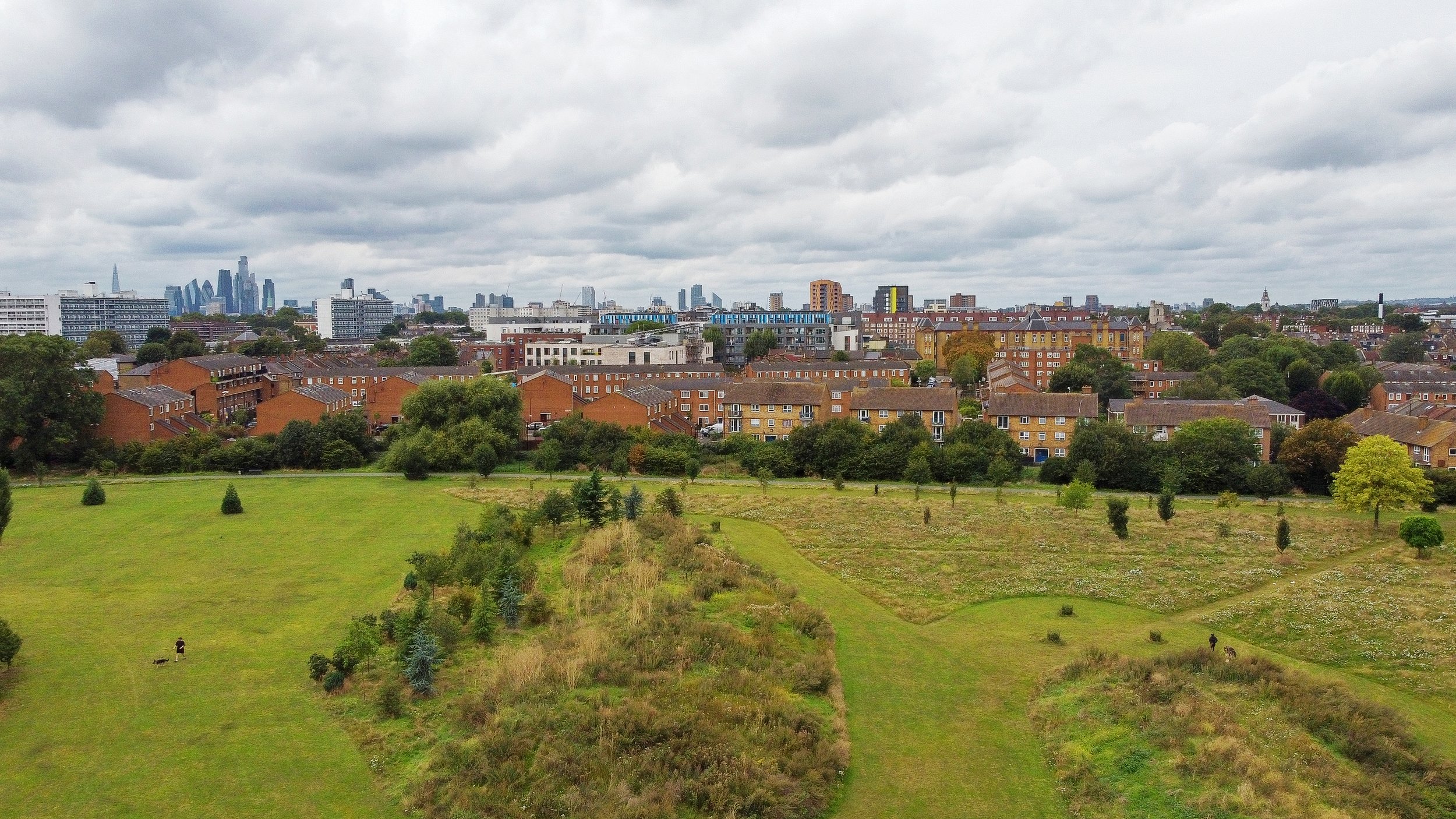
Why do we need The Hackney Buzzline?
-

Pollinator Peril
Habitat loss and various threats endanger pollinators. UK has lost 97% of wildflower meadows and 80% of butterfly species declined; 48 bee species are at risk or extinct.
-

Vital Needs
Bees and butterflies require suitable forage plants, flowers, and sheltered nesting sites in soil, vegetation, and hedges to survive.
-

Urban Biodiversity
Surprisingly, urban areas show higher bee diversity compared to rural regions. Private and community gardens have emerged as urban pollinator sanctuaries.
-

Garden Success
Study revealed that 50% of 22 butterfly species thrived in gardens between 2007 and 2020.
-

Shared Responsibility
Local authorities, homeowners, and residents hold key roles in safeguarding pollinators. Hackney, with over 40% green spaces, plays a crucial part.
-

Nature Engagement
Community gardening and physical activities connected to nature have dual benefits - enhancing human well-being and strengthening community bonds.
Made possible thanks to The National Lottery Heritage Fund
The Hackney Buzzline is made possible with The National Lottery Heritage Fund.
Thanks to National Lottery players, ecoACTIVE will be implementing the Buzzline project with schools, community organisations and residents in Hackney over a three year period, 2024 to 2027.
The National Lottery Heritage Fund is the largest funder for the UK’s heritage. Using money raised by National Lottery players they support projects that connect people and communities to heritage. Their vision is for heritage to be valued, cared for and sustained for everyone, now and in the future. From historic buildings, our industrial legacy and the natural environment, to collections, traditions, stories and more.
Heritage can be anything from the past that people value and want to pass on to future generations. They believe in the power of heritage to ignite the imagination, offer joy and inspiration, and to build pride in place and connection to the past.


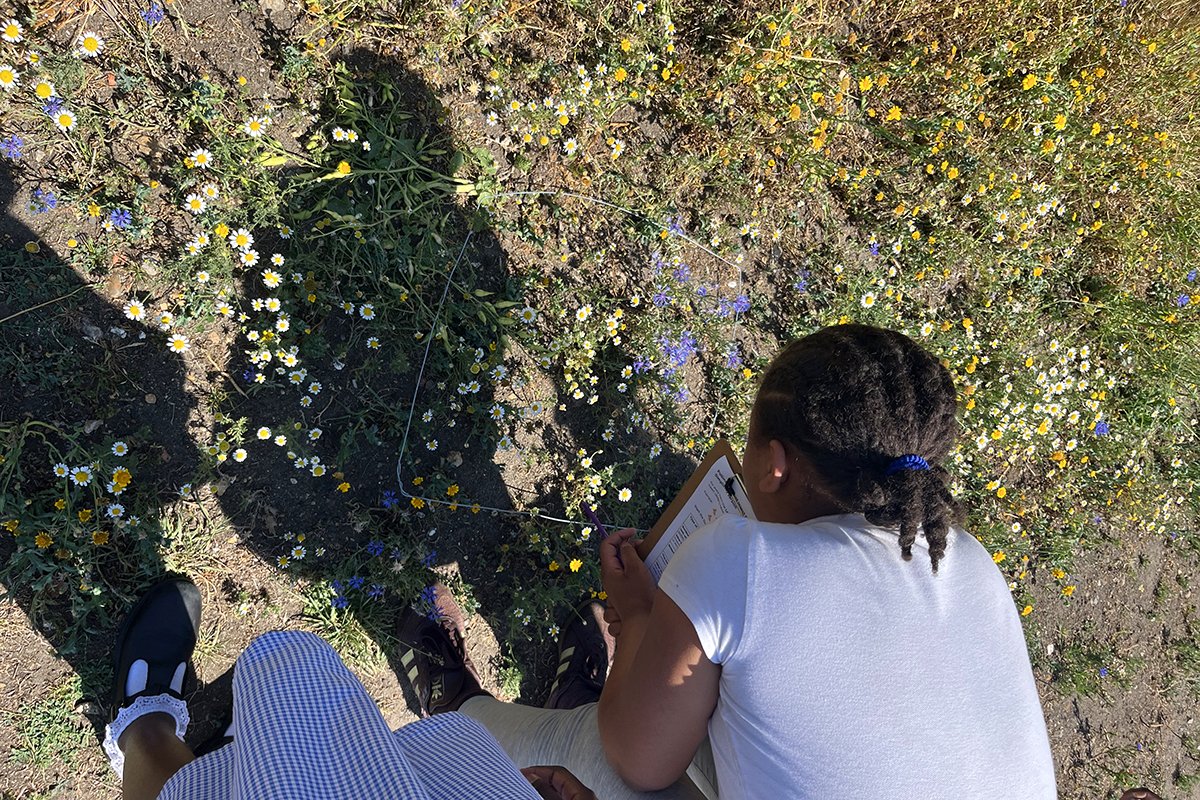
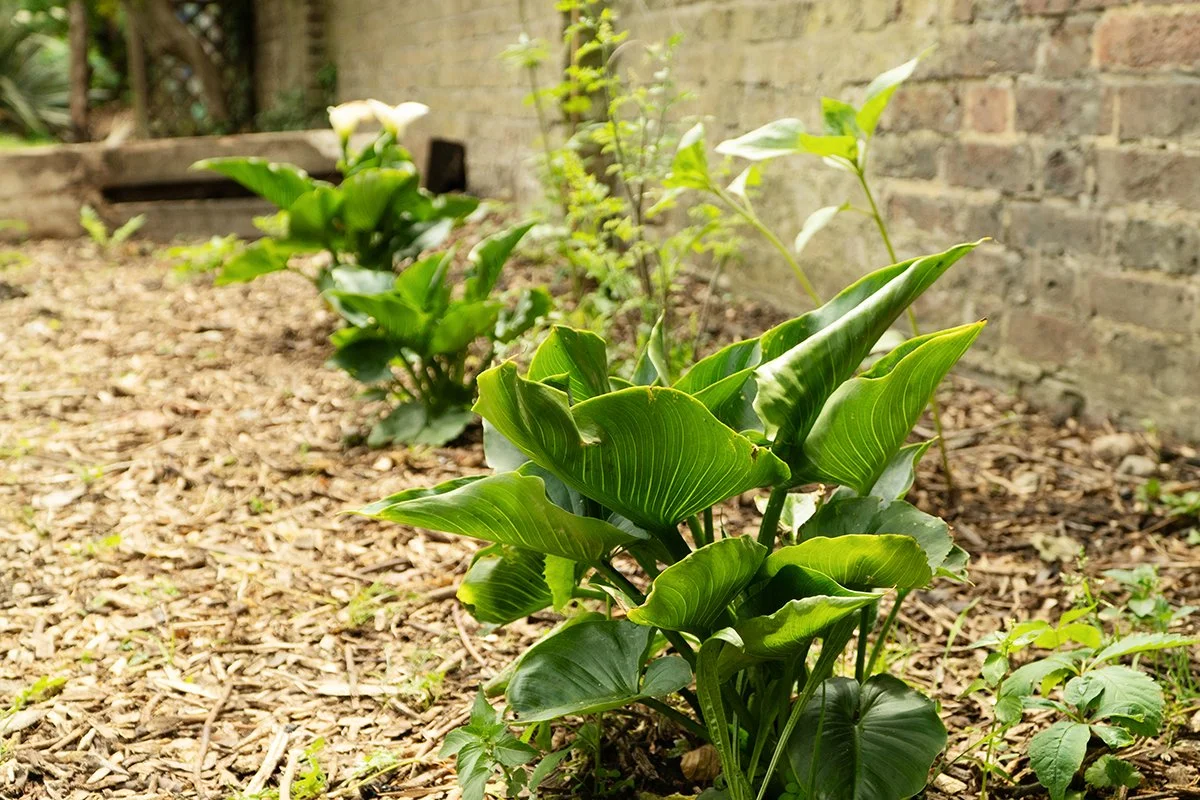



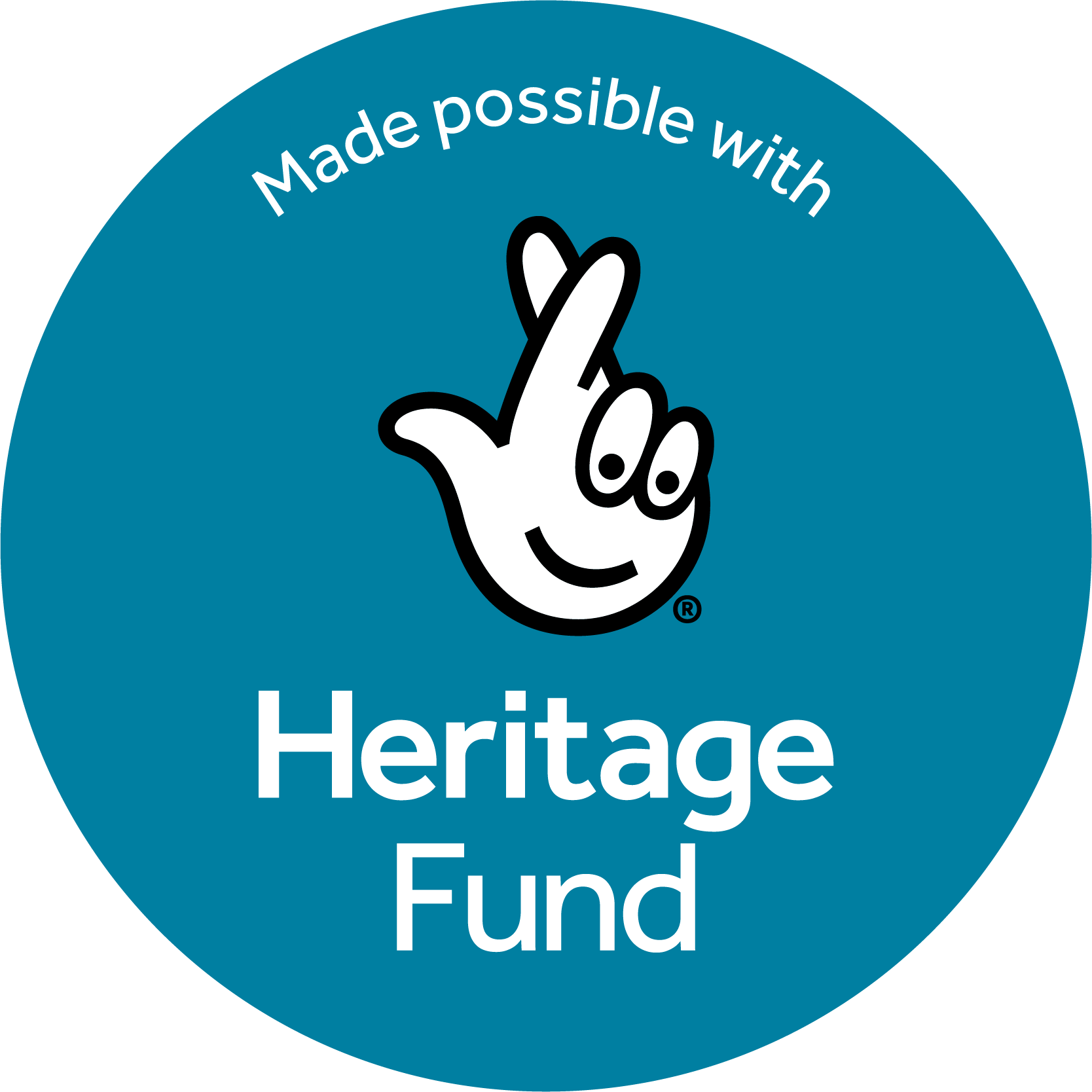
This new year edition of The Hackney Buzz celebrates how people, places and pollinators are coming together along The Hackney Buzzline. From new meadows and bee banks to children learning about wildlife, volunteers, schools, residents and partners have been helping transform parks, estates and community spaces into vibrant corridors for nature.